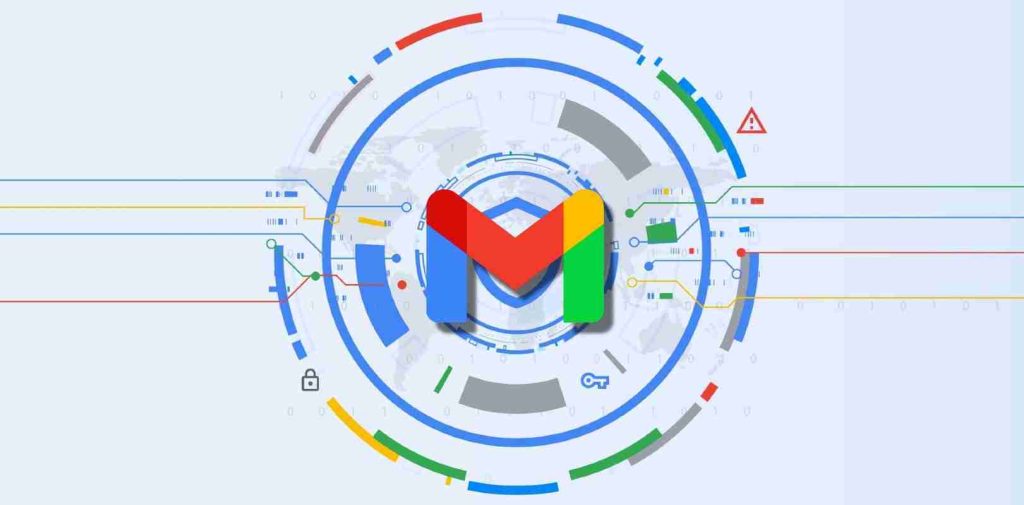KEEP IN TOUCH
Subscribe to our mailing list to get free tips on Data Protection and Cybersecurity updates weekly!







Google has revealed earlier this week that Gmail users from the United States are the most popular target for email-based phishing and malware attacks.
These findings are part of a joint study with Stanford University researchers that analyzed anonymized data on more than 1.2 billion malware and phishing emails.
After inspecting phishing and malware campaigns blocked by Gmail within five months, Google found that 42% of all targets were from the US, with the next two most targeted users being from the UK (10% of all attacks) and Japan (5% of attacks).
The researchers also discovered that botnets and attackers behind malware and phishing email attacks are relying on “fast-churning campaigns” where the same template will hit an average of no more than 1,000 potential victims.
Such campaigns don’t commonly last more than three days but they were found the be behind over 100 million malicious emails targeting Gmail users from all over the globe.
Also Read: 10 Practical Benefits of Managed IT Services
“We find that attack campaigns are typically short-lived and at first glance indiscriminately target users on a global scale,” the joint study abstract reads.
“However, by modeling the distribution of targeted users, we find that a person’s demographics, location, email usage patterns, and security posture all significantly influence the likelihood of attack.”
Some of the factors correlating with a higher risk of being targeted by phishing attacks highlighted by Google include:
While Google-recommended defenses for advanced phishing and malware protection are enabled by default, G Suite admins can also enable the security sandbox in G Suite Enterprise and G Suite Enterprise for Education environments.
Users can take a number of additional measures that should help further mitigate phishing threats, with Google recommending to:
Also Read: What Legislation Exists in Singapore Regarding Data Protection and Security?
Google also said that Gmail’s ML models are sufficiently advanced to block more than 99.9% of all spam, phishing, and malware sent to its users.